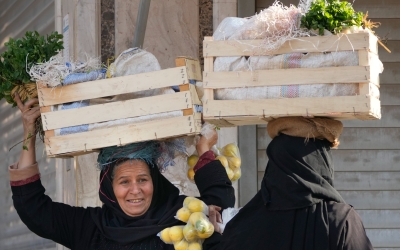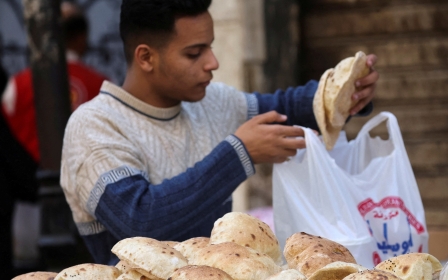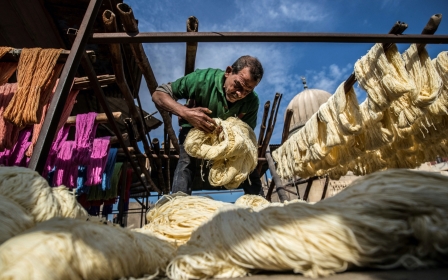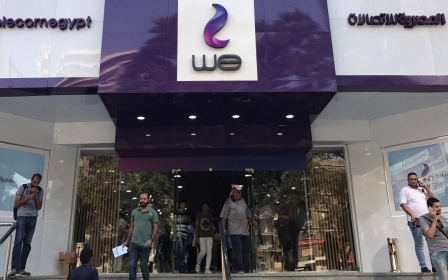Egypt: Thirsty for dollars, government eases citizenship terms for foreigners
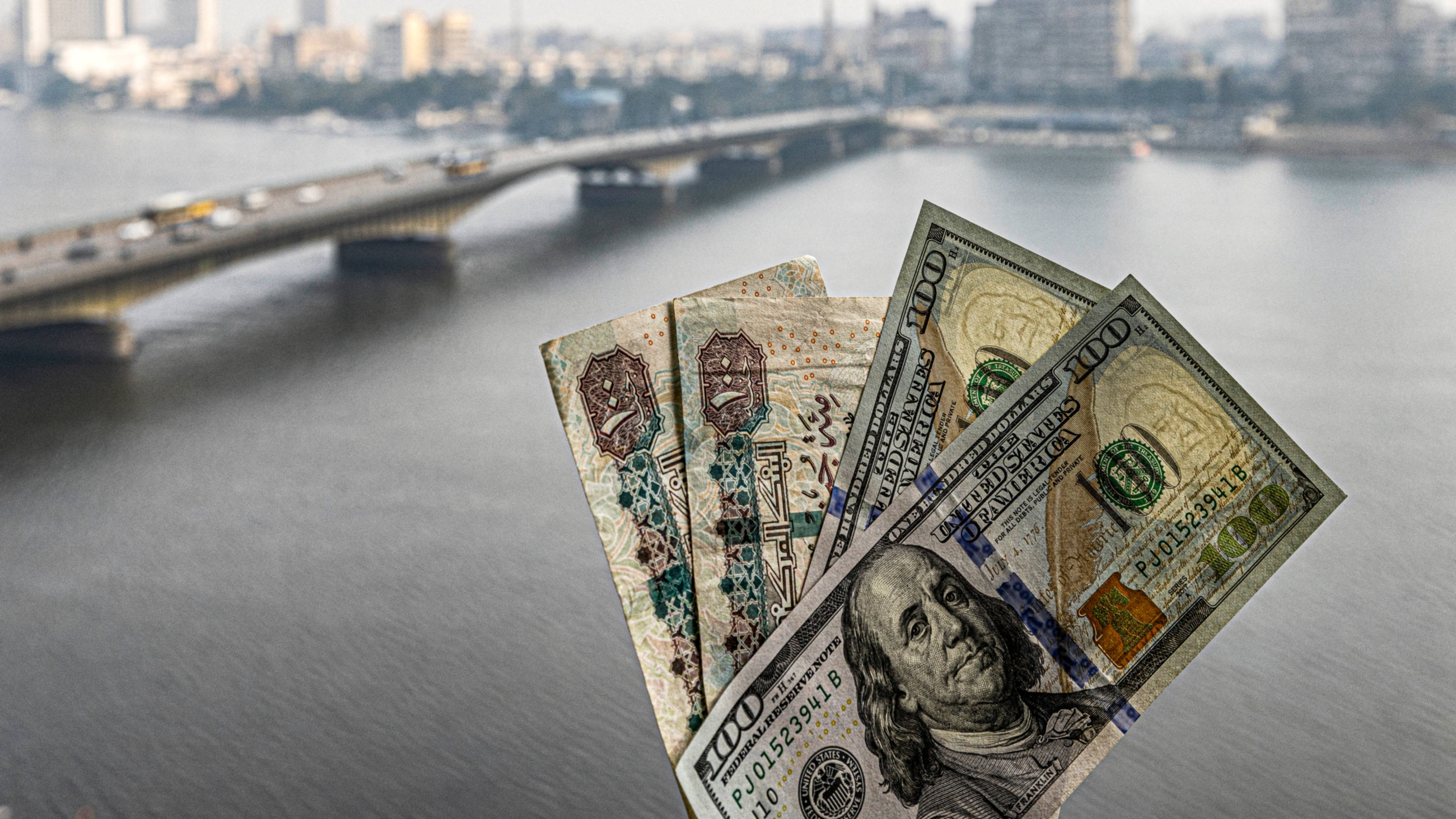
Egypt has eased its citizenship restrictions for foreigners, as the country struggles to secure enough US dollars to import food for its people and repay its accumulating debts.
On Tuesday, Prime Minister Mostafa Madbouly issued Decree no. 876/2023, reducing the amount of money foreigners require in order to obtain Egyptian citizenship, as stipulated under a 2019 decree.
Foreigners can now obtain citizenship by investing $300,000, instead of $500,000 as per the 2019 decree, in the purchase of real estate, including plots of land and buildings owned by the government or by Egyptian citizens.
They can also invest $350,000, instead of the previously required $400,000, in founding or contributing to the capital of investment projects.
Additionally, the new decree allows foreigners to obtain Egyptian citizenship if they deposit $500,000, instead of $750,000, in a local bank. This money can be regained after three years, but without any interest, according to the new decree.
New MEE newsletter: Jerusalem Dispatch
Sign up to get the latest insights and analysis on Israel-Palestine, alongside Turkey Unpacked and other MEE newsletters
However, the measures have been accused of lacking creativity in solving Egypt's crushing economic crisis.
"The government cannot offer the Egyptian citizenship for whoever can pay," Talaat Khalil, secretary-general of the centre-right Conservative Party, told Middle East Eye.
"It should search for better ideas to bring in the required dollars, including attracting investments and increasing exports."
Economy on its knees
Softening the terms of citizenship comes at a time when Egypt is struggling to contain the devastating effects of Russia's war on Ukraine on its own economy.
Compounding the impact of the Covid-19 pandemic, the war has brought the Egyptian economy to its knees, particularly with the sudden flight of about $20bn in hot money in the first few months after the war began, in February 2022.
'Government should search for better ideas to bring in the required dollars'
- Talaat Khalil, Conservative Party
Additionally, the resultant sharp rise in food prices, especially of cereals, on the international market is forcing Egypt to pay more for its imports, particularly of wheat.
Egypt imports almost half of its wheat requirement, and is the world's top importer of the cereal.
The Ukraine war also brought to a screeching halt the inflow of tourists from Russia and Ukraine, who constituted almost a third of tourist visits to Egypt in peak years, depriving the economy of billions of dollars in tourism revenues.
"The war has impacted the economy very negatively, but we cannot rule out economic mismanagement as a reason for further deterioration in national economic conditions," independent economist Mamdouh al-Wali told MEE.
"The government's policies have caused the national currency to lose value against foreign currencies, and foreign investments to escape the country."
Other measures
With the sharp rise in food prices, Egyptians are having to pay substantially more to cover their daily needs.
President Abdel Fattah el-Sisi tried to allay public anger by saying that his administration did not create this problem.
"This [Ukraine] war is affecting every other country," Sisi said in September last year.
To address the economic crisis, the government has launched a massive sale of state assets to foreign investors and sovereign wealth funds, especially from the Gulf.
Egypt has also received the first tranche of a $3bn loan from the International Monetary Fund, but Cairo has to implement a series of tough adjustments to meet the IMF terms, which include "the gradual exit of the public sector from non-strategic sectors", and giving more space to the private sector on the economic stage.
Meanwhile, the changes to citizenship terms mark the latest in a series of government initiatives to bring in enough US dollars for import operations and the repayment of accumulating debts.
Last November, the government exempted vehicles owned by Egyptians working in other countries from import taxes and customs duties, in return for the owners depositing US dollars in a local bank for five years.
So far, only 34,000 Egyptians working in other countries have applied to bring their cars into Egypt, according to the Ministry of Finance.
Foreign business community
Proponents of the new citizenship decree say it caters to the needs of the sprawling foreign business community in Egypt.
Egypt hosts millions of foreigners, including Syrians, Iraqis, Libyans and Yemenis who have fled wars and violence at home, settled in Egypt and started their own investment projects.
The Syrians, in particular, have created their own distinguished business model in Egypt, having invested in parts of Cairo and other Egyptian cities.
'Easing the terms will end this problem and contribute to partly solving the dollar crisis in our country'
- Mohamed Abdelhamid, parliament's Committee on Economic Affairs
In 2019, the head of the Syrian Businessmen Association in Egypt said Syrians had invested billions of dollars in Egypt.
A number of foreign businesspeople who obtained Egyptian citizenship did so under the 2019 cabinet decree, the government says.
Egyptian MPs say amendments will encourage even more foreign businesspeople to acquire citizenship, thus increasing the US dollars available in the Central Bank of Egypt.
"The terms of the 2019 decree made it difficult for some foreign businessmen to obtain Egyptian citizenship," Mohamed Abdelhamid, the head of the Committee on Economic Affairs in the Egyptian parliament, told MEE.
"Easing the terms will end this problem and contribute to partly solving the dollar crisis in our country."
Middle East Eye delivers independent and unrivalled coverage and analysis of the Middle East, North Africa and beyond. To learn more about republishing this content and the associated fees, please fill out this form. More about MEE can be found here.


